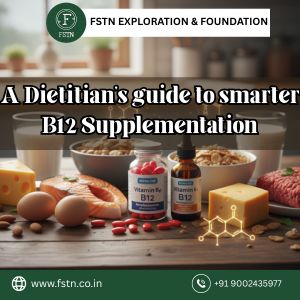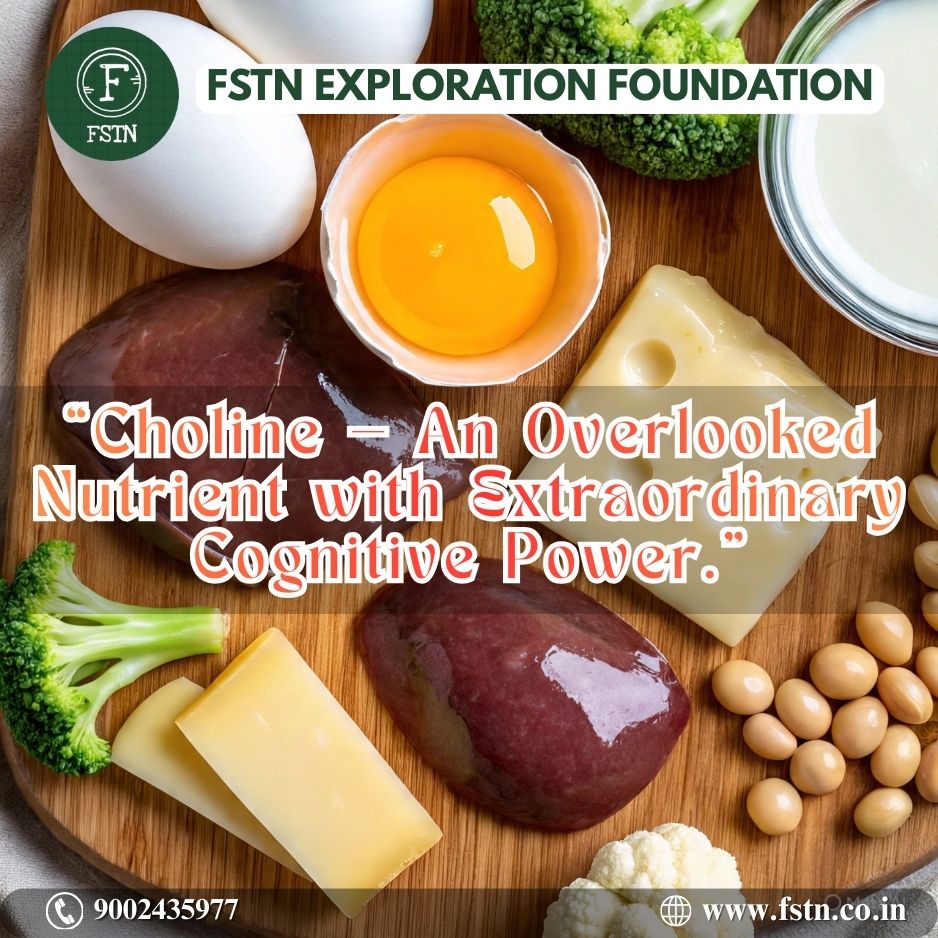A baby’s brain is a miracle in motion, forms over a million neural connections every second—each moment shaping future thinking, feeling, and learning.
Baby Brain Development: Building The Blueprint For Life:
Early experiences, from sights and sounds to cuddles and conversations, act as powerful brain boosters. Like laying the foundation of a skyscraper, strong early development supports a lifetime of growth. As parents and educators, every hug, word, and game become brain-building magic—Nurturing not just children, but shaping their curious minds and confident hearts.
Nourishment For The Nourisher, The Mom: Fuel For Life, Love, And Growth:
Nourishment is more than food — it’s the life-giving fuel that powers both a mother’s recovery and a baby’s rapid growth. For the baby, proper Nutrition is the key to healthy brain wiring, strong immunity and thriving development. For the mother, it’s essential for healing, energy restoration, and emotional balance during the demanding postpartum period.
When a mother is well-nourished, she’s not just feeding her baby — she’s pouring strength, warmth, and vitality into their shared journey. It’s not just about calories; it’s about connection, resilience, and growth from the inside out.
Fuelling Tiny Minds:
Top Foods for Early Brain Development in Babies, -
- Breast Milk: Rich in essential fatty acids (DHA), proteins and antibodies, which supports brain growth and immunity.
- Eggs (well-cooked): Source of choline, which helps in memory and brain cell structure
- Fatty Fish (like salmon – mashed or pureed): High in DHA, an Omega-3 fatty acid crucial for brain and visual development.
- Avocados: Loaded with healthy fats that promote brain development and blood flow.
- Bananas: Provides glucose and vitamin B6 for neurotransmitter function.
- Whole Grains (like oats, brown rice – soft/pureed): Supply steady energy to the developing brain.
- Leafy Greens (like spinach – pureed): Contain folate, iron, and antioxidants for cognitive support.
- Greek Yogurt or Curd (unsweetened): Rich in healthy fats and protein for brain tissue growth.
- Sweet Potatoes: High in beta-carotene and vitamin C for neural development.
- Lentils and Beans (well-cooked, mashed): Provide iron, zinc and protein essential for brain function.
- Nuts and Seeds (as powder or paste): Almonds, walnuts, flaxseeds, rich in omega-3, vitamin E and zinc
- Berries (mashed or pureed): Packed with antioxidants that protect brain cells.
Beyond “Helping” — Embracing True Co-Parenting:
Fatherhood today is undergoing a much-needed transformation. No longer the silent supporter or “occasional helper,” modern dads are stepping into a fully engaged, hands-on, heart-first role in early parenthood. It’s not about helping mom — it’s about co-piloting the journey, side by side.
True partnership means dads aren’t just assisting — they’re co-creating routines, sharing the midnight wake-ups and bonding deeply from day one. Diaper changes, bottle feeds, lullabies, and emotional check-ins aren't "extra" — they’re essential chapters of fatherhood.
When dads show up as equal participants, they strengthen the family bond, support maternal well-being, and become a pillar of security and connection for their child. The role isn’t just rewritten — it’s been reclaimed with purpose, pride, and presence.
Ending Note:
Touch isn’t just comfort — it’s communication. Through every cuddle, caress, and moment of closeness, we’re shaping not only a child’s emotional world but also the very architecture of their brain. Science reminds us that the simplest gestures often have the most profound impact.
Because every touch tells the brain: You are safe. You are loved. You belong.



